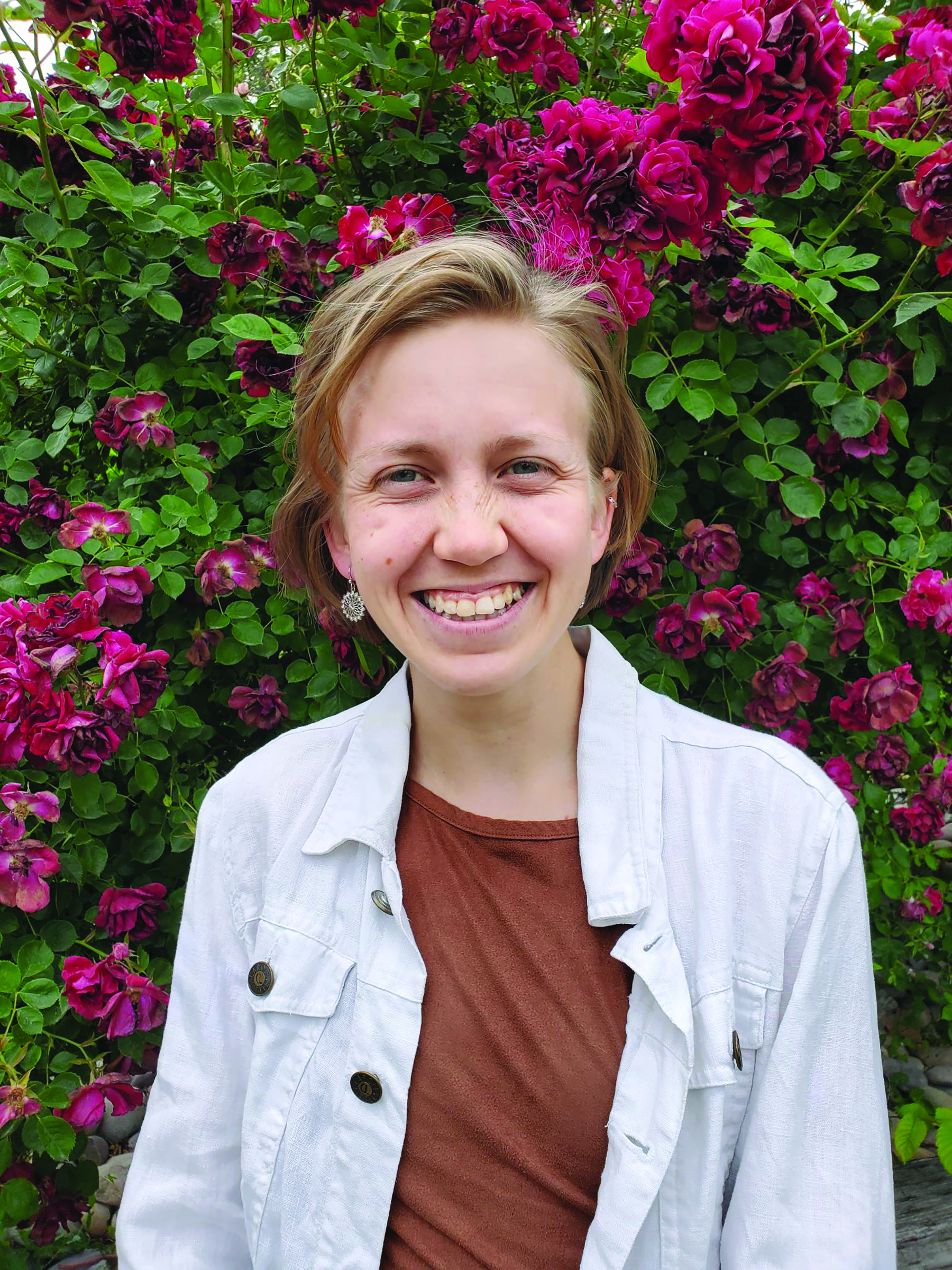Amanda Williams Eiting
Fall
2023
Alumni Spotlight
Amanda Williams Eiting
BS in Physics, Weber State University
What she does
I am a ninth-grade physics teacher at a Utah charter school in the Salt Lake City area. Working at a charter school, I get to have some freedom with the curriculum, and we have an ecosystem that encourages experiential learning for all our students. We include lots of labs and field trips to get them excited about science, making every day different from the next. I am also working on earning my teaching certificate through a three-year program.
How she got there
I haven’t always been a math or science-y person, and in middle school I really did not see myself studying either subject later in life. But everything changed when my high school physics teacher showed me that math can be useful by applying it through physics. After that, I decided to pursue my love of physics at Weber State University (WSU) in Utah as a first-generation college student. The WSU physics and astronomy department was so awesome! I felt very supported, and that made me feel like I could succeed.
I knew I had found my niche when my mentor at WSU helped get me involved in outreach, teaching, and mentoring on campus. I was able to further develop my science communication and outreach skills by working as a Science Outreach Catalyst Kit (SOCK) intern in the SPS Summer Internship Program. After graduation, I worked in multiple science outreach–based positions at places like AstroCamp in California and the Boys & Girls Club of Greater Salt Lake. When this teaching position opened up, my outreach mentor from WSU helped me get a foot in the door!
Most challenging part of her job
The most challenging part of my job is making sure that I do not let “perfect” be the enemy of “good.” Working with young people is rewarding, and also demanding! I’ve put a lot of pressure on myself because I want to do right by every student. It can be overwhelming. I’m learning patience really is a virtue. Good teaching is a craft, and takes time. With any new career, you have to give yourself grace.
It's good to take a step back and realize that good really is enough. There is always going to be more to do, but you need to find a sustainable process that works for you. Setting an unrealistic pace and getting burnt out isn’t good for you, your friends and family, or the students you’re trying to teach.
Her advice to physics and astronomy students
Doing science in college is hard, especially if you’re coming in as a first-generation college student like I did. I didn’t have it all together, but I built an amazing support system for myself. Support is really the key to my success—and hard work. If you look for ways to collaborate productively with your classmates and learn from them, as well as your professors, you will start building a network of support. Those people will have your back and vice versa. Not only is school more enjoyable this way, but those connections will certainly pay off for you in the long run.
Interested in Teaching Physics?
Check out the American Association of Physics Teachers (AAPT) at aapt.org. Members of SPS are eligible for free membership in AAPT. For details visit spsnational.org/about/membership/free-ms-membership.
Expand Your Outreach with an SPS SOCK
Science Outreach Catalyst Kits (SOCKs) are free science outreach kits designed for SPS chapters. New SOCKs are created each summer by SPS interns. Request a SOCK for your chapter at spsnational.org/programs/outreach/science-outreach-catalyst-kits.

